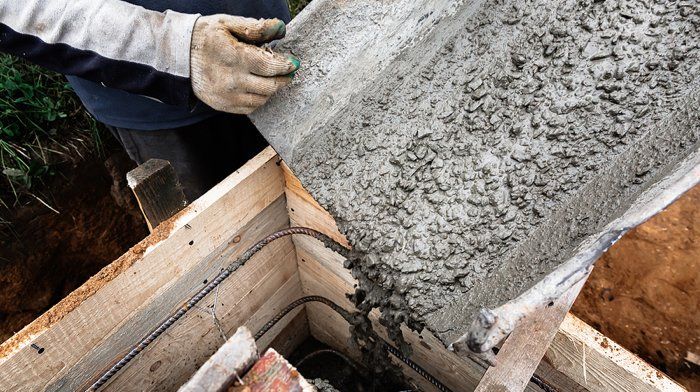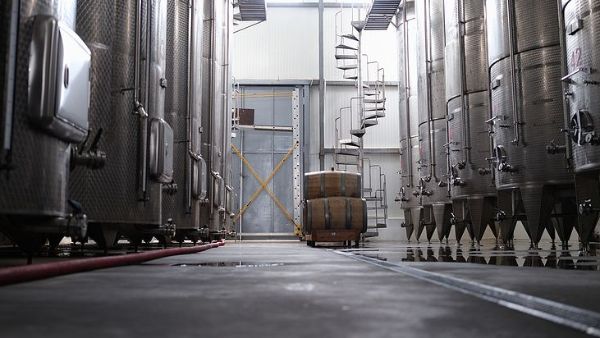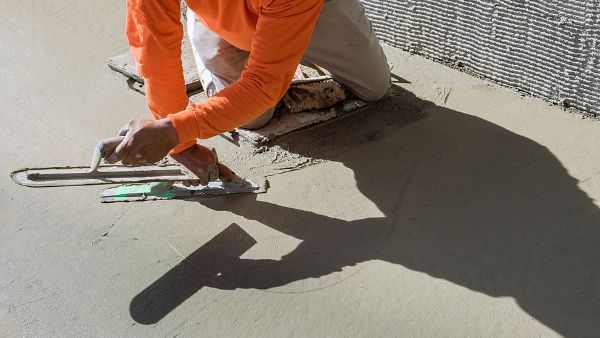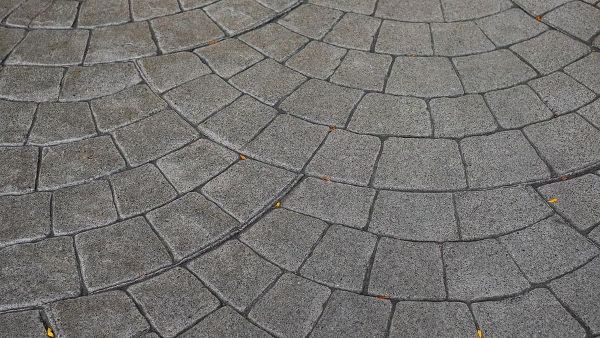What To Know About Concrete Strength
Understanding Concrete Strength
Concrete is a strong, reliable, and long-lasting building material, with an extensive history of use. It is employed in everything from building foundations, to walls, stairs, and patios, to general decorative elements, and much more.
For newcomers, working with and even understanding concrete may seem complicated — and individuals may have many questions about how strong concrete really is, and what it can support. In fact, there are a number of ways to measure the strength of concrete, and numerous factors involved in producing it, all of which can have a significant bearing on the details of any construction project that involves concrete.
Types of Concrete Strength
There are numerous ways to understand the strength of concrete. The following are commonly used measures for evaluating sturdiness.
Compressive Strength
Compressive strength is the most important means of measuring the load-bearing strength of concrete. This can be determined by using a machine that measures compressive strength to break cylindrical pieces of concrete.
Tensile Strength
Tensile strength refers to the strength capacity of concrete under tension, and its ability to resist cracking. It is common for basic concrete structures to be notably weaker in tensile strength than in compressive strength. Depending on the load and particular use for a given concrete structure, concrete may need reinforcement with steel or other materials to increase tensile strength.
A "split tensile test" of concrete cylinders can be used to determine concrete's tensile strength.
PSI Strength
The PSI strength of concrete refers to the pounds per square inch of pressure that it can withstand. The need for a given PSI strength varies by project: some types of concrete projects require a PSI of only 2500, while other projects (like pavements, walls, or columns) may require a PSI of up to 5000. Aside from the purpose of a given concrete structure, factors like climate will affect the needed PSI.
While higher PSI concrete projects may be more expensive, the cost can be worth it, as these structures will be less prone to breaking or failing in the future.
Flexural Strength
Flexural strength overlaps with tensile strength, and refers to the capacity of concrete to resist bending. A major distinction in determining flexural strength is that it is tested while concrete is still wet.
Other Factors in Concrete Strength
A number of factors in the preparation and drying process also will contribute to concrete's overall strength.
- Proportion of materials: The proportion of water, air and cement in concrete, as well as the details of its gravel, stone, or sand mixture, will affect its final strength. Finding the correct proportions is essential to achieve the strongest concrete.
- Amount of water: The ratio of water to cement is an essential factor in concrete strength. While less water can make concrete stronger, it can also make concrete more challenging to prepare.
- Mixing period: The time spent mixing affects the overall concrete result. Over-mixing can be a factor in weakening concrete and making it more challenging to work with, by leading to over-evaporation of water. However, an under-mixed batch of concrete will not hold together well, and will be weaker.
- Curing period: The curing time of concrete will affect its overall strength. Concrete that dries out more slowly will tend to be stronger in the long term.
- Temperature: The surrounding temperature is a significant factor in the concrete preparation process. Curing in temperatures that are too hot or too cold can impair the curing process.
Learn More About Concrete
RTS Construction is a general contracting company with extensive experience in concrete work. For more information about how concrete can be involved in your next construction project, contact RTS construction online or at 707-318-4430.





